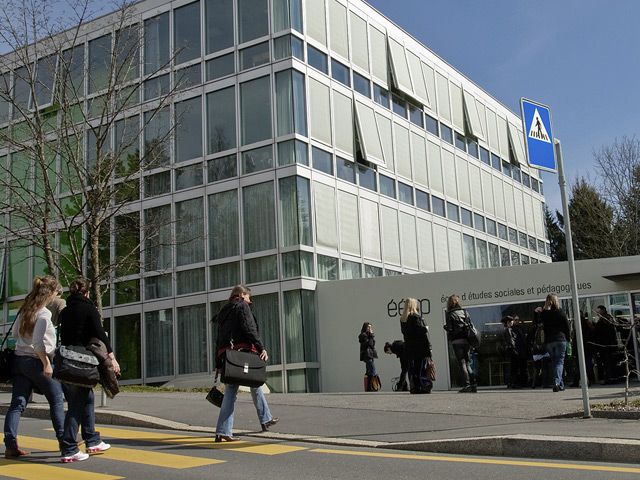Gender, Intergenerational relationships and social work
20.6 - 1.7.2011 (2nd edition)
The term “gender” refers to the social and cultural construction of the masculine and the feminine in society.
These social constructions, which are founded on hierarchically organized modes of differentiation, have an impact on social problems, on social work clients and of course on social work professionals: are social problems articulated with gender issues ? Should gender-specific approaches be promoted ? Are social problems
confronting women different from those experienced by men ? The notion of “intergenerational relationships” evokes the establishment and implementation of specific policies and actions in the political, institutional and community realms. These policies or actions do not merely serve to identify, manage, assist or address categories of persons defined by age criteria, kinship position and being alive during a given historical period, but also focus on stimulating or organizing relations between generational groups. What impact do these systems have on the concrete relationships between social work clients, families and State ? Do these systems limit the scope of intervention of social work professionals ? Do we need to re-conceptualize and re-invent relations between generations ? The Summer University 2011 will deal with current issues in social work according to this twofold theme. It will focus on the intersection of questions on gender and intergenerational relationships from a comparative and international perspective: which kind of inequalities between women and men may result from demographic changes and the increase of life expectancy ? How do these inequalities vary from one country to another ?
How is the care provided to the elderly or to young children influenced by the social construction of the feminine and the masculine ? Does solidarity between generations exist ? Is it the prerogative of women or men, the families or the State to foster it ? During two weeks, the participants in the Summer University will be invited to discuss these various issues with many international specialists and to develop their more specific interests in small groups during the workshops.
The organizing University
HETSL - HES-SO

Involved and invested.
At the heart of society.
Driven by its values of openness, professional expertise and efficiency in the fields of social work and health, the HETSL adopted a new signature moto 2020 : "Involved and invested. At the heart of society."
This symbolises its commitment to grounding its action in social cohesion and integration of people in precarious situations. To achieve this, the HETSL relies on a strongly rooted participatory culture, including its institutional bodies, the Students' Association and regular exchanges with professional circles relaying the realities in the field and dialogue with its institutional partners.
The HETSL offers Bachelor's level courses in Social Work[Fr] and Occupational therapy[Fr]. Its teaching is practice-oriented and prepares tomorrow’s professionals to be involved at the heart of society. Within the HES-SO, the HETSL participates in Master level courses in its fields of expertise, thus offering its graduates the possibility of pursuing a tertiary training programme. It is active in continued education as well as in research and development. It also offers services to public and private organisations.
With its 180 employees and the help of numerous temporary workers, the HETSL offers training in two HES courses, aimed at a public of around 800 students: the Bachelor of Arts in Social Work[Fr] and the Bachelor of Science in Occupational Therapy[Fr].
The HETSL is actively involved in the Master of Arts in Social Work[Fr], which is organised in French-speaking Switzerland with the Universities of Social Work in Geneva, Fribourg and Valais, as well as with SUPSI, the University of Applied Sciences of Italian-speaking Switzerland. It is also involved in the organisation of the Master of Sciences in Health Sciences[Fr], a joint interprofessional Master's degree with the University of Lausanne (UNIL) and the four universities of applied sciences in the domain of Health of the HES-SO.
The HETSL's Continued Education Unit[Fr] also offers short courses and certification courses (CAS, DAS, MAS), enabling professionals in the field to complete and perfect their training.
The Health and Social work Research Laboratory (LaReSS) conducts a great deal of research, which helps to advance current knowledge, solve practical problems, feeding it’s findings directly into teaching. The results of research are presented at conferences and give rise to numerous publications; LaReSS also provides services, particularly in the form of expertise and evaluation mandates. Finally, the HETSL benefits from specific expertise networks which, by bringing together cross-expertise in different fields, enable the development of teaching, research and cutting-edge services.